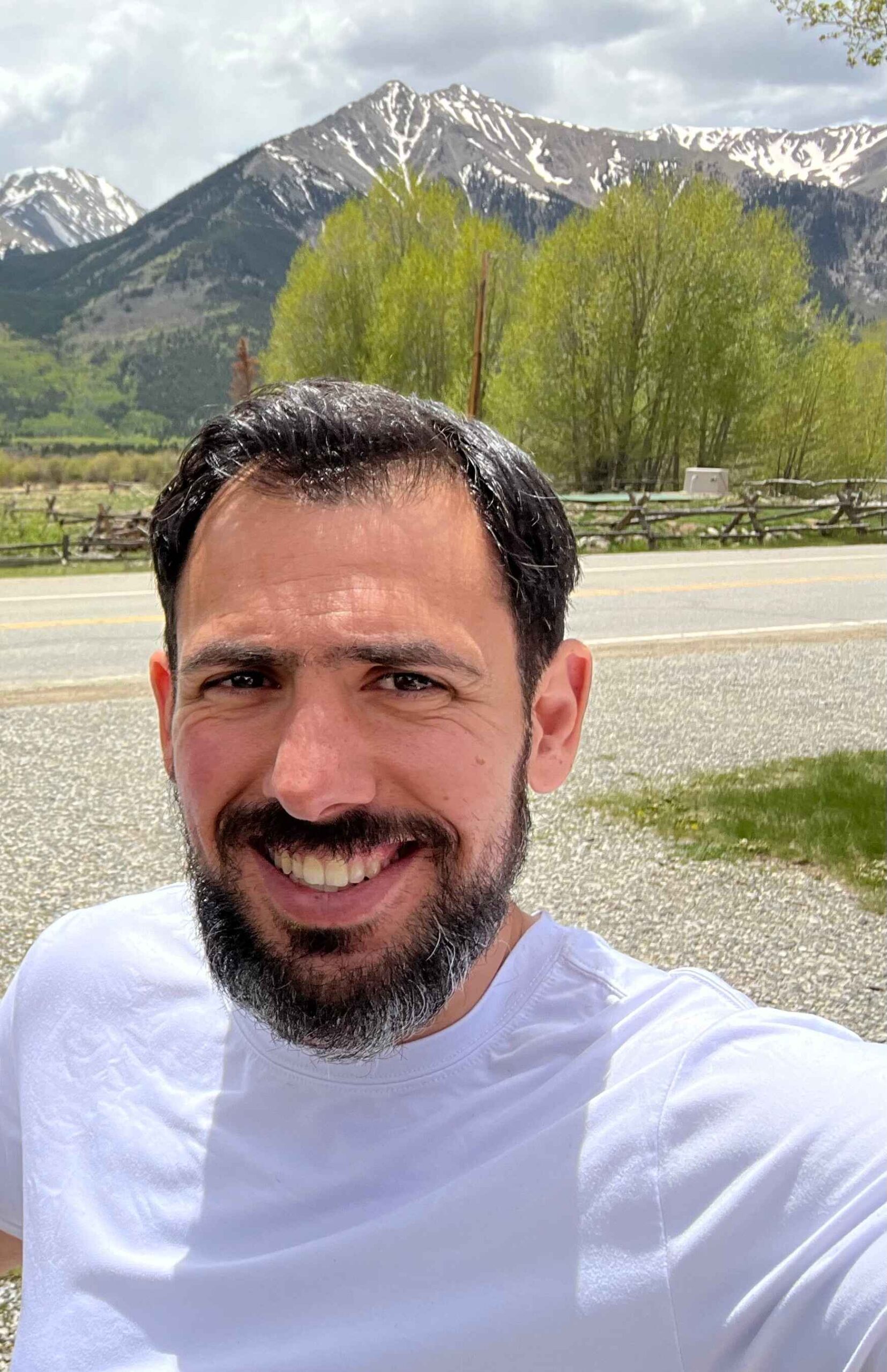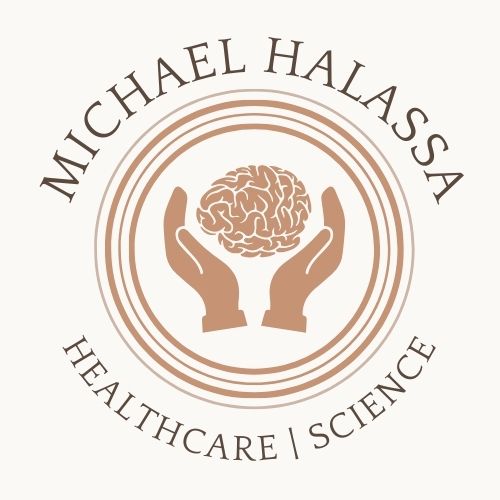About Michael Halassa
Michael Halassa is a Neuroscientist recognized for his innovative research on cognitive flexibility. His work delves deep into understanding how the brain generates thoughts and action plans based on an internal model of the world, with a particular focus on the circuit mechanisms underlying these processes. As both a physician and a scientist, Michael’s unique approach bridges basic research with clinical practice, allowing him to make significant contributions to the understanding and treatment of serious mental illnesses like schizophrenia.
As a trainee, Mike obtained his Ph.D. from the University of Pennsylvania in 2009 and completed his postdoctoral training at MIT in 2014. Subsequently he started his lab at the NYU Neuroscience Institute and then moved to MIT where he was promoted to Associate Professor in 2020. Since 2022, he has served as the Director of Translational Research in the Department of Neuroscience at Tufts University, and hold appointments in both Neuroscience and Psychiatry.
Mike‘s lab has focused on understanding the role of the thalamus in regulating task-relevant cortical dynamics and effective connectivity. The lab employs an integrative approach combining well-parametrized behavioral tasks with neural recordings and temporally precise manipulations. This approach has been essential for the main discoveries that the lab has provided including the role of the thalamus in 1. sustaining prefrontal activity patterns during attention, 2. Switching prefrontal activity underlying cognitive flexibility and 3. Regulating prefrontal signal-to-noise in decision making under uncertainty.
A notable aspect of Dr. Halassa‘s research is his innovative use of animal models. While his past work primarily utilized mice, his lab has recently developed tree shrews (Tupaia belangeri) as a model for cognition. This allows his lab to push cognitive behaviors beyond what can be achieved in rodents while maintaining circuit-level readout and control. His research extends into computational, human cognitive, and translational domains, with multiple collaborations aimed at gaining insights into many fields, including artificial intelligence and brain-inspired computing.
Dr. Halassa‘s contributions to neuroscience have been widely recognized. He has received numerous awards and fellowships, including the Vilcek Prize for Creative Promise in the Biomedical Sciences, the Takeda/New York Academy of Science Innovator award, and the Daniel X. Freedman Prize for Exceptional Basic Research. His work has also been consistently funded by the U.S. National Institutes of Health and various prestigious foundations. He finds immense satisfaction in witnessing his trainees’ success as they progress in their careers. To date, he has placed several trainees as assistant professors at top U.S. and international institutions.
Licensed by the American Board of Neurology and Psychiatry since 2014, Michael combines his clinical expertise with his pioneering research. His clinical experience informs his research and drives his passion for finding effective treatments for serious mental conditions such as schizophrenia.

